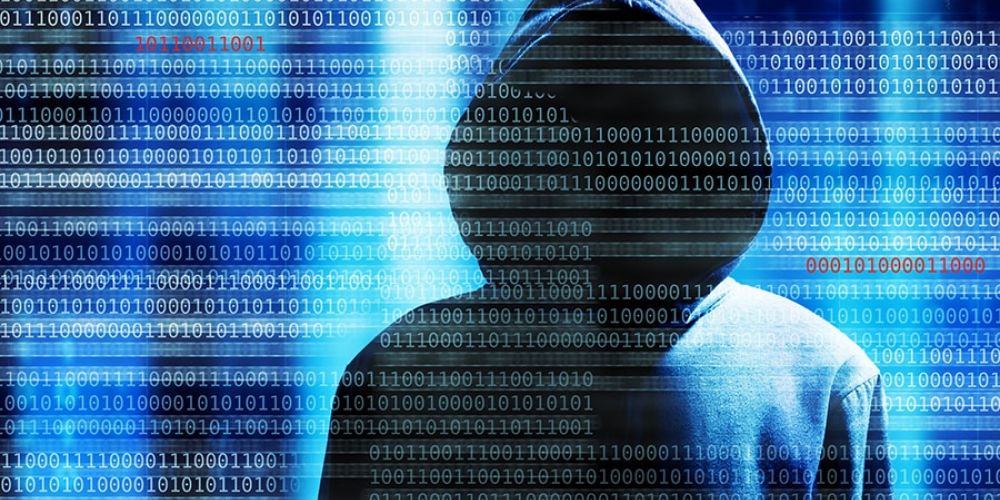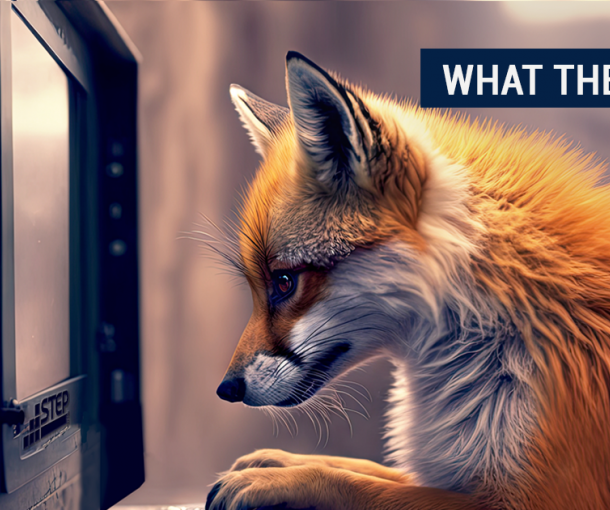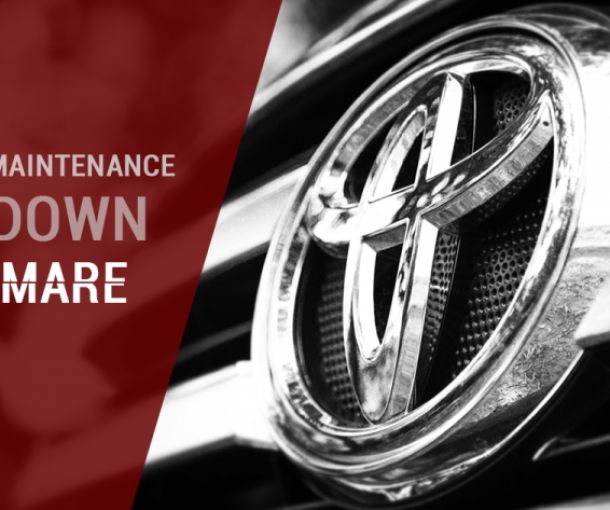
An Introduction to the Dark Web
DARK WEB OR DEEP WEB?
You may have encountered the term ‘Deep Web’ as well and, understandably, assumed that the two terms are interchangeable. However, the Deep Web has much less nefarious connotations, since it simply refers to all websites and other online resources that are not indexed by the search engines. As such, the Deep Web includes all private information behind password-protected accounts, such as online banking and email. It also includes webpages and other online services that are intentionally hidden from the search engines, such as those behind paywalls.
The Dark Net, by comparison, is not actually part of the Internet itself (either the Surface Web or the Deep Web). Instead, it merely uses the public Internet for accessibility and as a carrier for data. In other words, the Dark Net is an overlay network, residing on top of the public Internet but requiring specialized software and configurations to access. There are actually multiple Dark Net networks in existence, the most popular of which is the Tor Network. Other, significantly smaller dark nets include I2P and Freenet.
THE DARK WEB AND UNDERGROUND MARKETPLACES
The Dark Web is infamous for its underground marketplaces selling everything from illegal firearms to hard drugs. In 2016, it was heavily investigated for its possible links to terrorism, particularly as a possible marketplace for extremists to buy arms. However, by far the most infamous criminal activity taking place on the Dark Web is the sale of illegal drugs, which accounted for over 15% of the Dark Web marketplace in January, 2015. Silk Road, the anonymous marketplace, was by far the most pervasive and best known until it was closed down by the FBI in 2013.
The sale of illicit drugs is not the only criminal activity that the Dark Web attracts. Many government agencies see it as a haven for criminal activity, due largely to its anonymous nature making it extremely hard to trace its users. Unsurprisingly, it’s also popular among hackers and other underground groups. As such, trading on the Dark Web is extremely risky, even for those who don’t intend to buy illegal items.
LEGITIMATE USES OF THE DARK WEB
Contrary to the impression you might have from reports in the mainstream media, the Dark Web also has its legitimate users and, in fact, the majority of the content found on it is completely innocuous in nature. Since it provides protection against surveillance, it’s also popular among journalists and whistle-blowers, particularly those living under oppressive regimes. The anonymous nature of the Dark Net allows people, such as bloggers in such situations to enjoy freedom of speech while at the same time making it almost impossible for anyone to trace the physical location of themselves or the server hosting their website. As such, the Dark Net’s defenders consider it an important part of freedom of expression from oppressive regimes around the world. Ironically, much of the Dark Net’s funding actually comes from the US government, since it has long been used as a tool for fostering freedom in authoritarian regimes.
HOW TO ACCESS THE DARK WEB
It’s perfectly legal to access the Dark Web, although anyone curious enough to try it should do so at their own risk due to its unregulated nature and the fact that it’s home to no shortage of scammers and other criminal activities. Then again, most illegal online activities actually take place on the much larger and better known public Internet.
Most users access the Dark Net using the free Tor browser, often combined with a VPN for extra security. The Tor network also has its own domain extension (.onion). Once you’re connected through the Tor browser, one of the most popular first places to visit is The Hidden Wiki at zqktlwi4fecvo6ri.onion (yes, that is actually the real URL!), which is a vast directory of many of the websites and services on the network. However, as a site featuring user-generated content, it does contain many links to malware and illegal content, and you should exercise extreme caution when using the website, or any other website on the Dark Web for that matter.
Ultimately, while the Dark Web may also have its legitimate uses, there’s no denying that it is a dodgy territory at best. As such, anyone who wants to access this sometimes bizarre and sometimes downright disturbing alternative to the public Internet is free to do so, provided that they do so while staying on the right side of the law and avoiding the many potential dangers that may be encountered on the network. After all, the cover of complete anonymity is beneficial to both good-hearted revolutionaries in oppressive regimes and criminal monsters alike.


